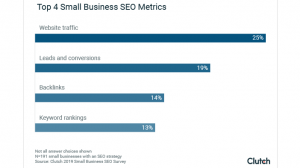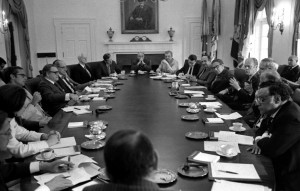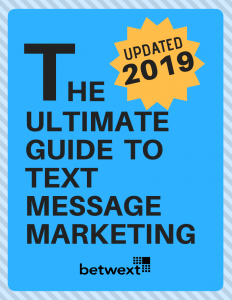Facebook buys Whatsapp for $22 billion. American Airlines mergers with US Air: $11 billion. Softbank invests in WeWork: $17 billion. These landmark deals and mergers form the foundations of the business world as we know it. But the story behind the deals—and all their accompanying tensions, dramas and consequences—are too often distilled down to nothing more than a dollar value in a headline.
The Closer, a new podcast from production company Project Brazen that premiers Monday, wants to pull out the high-octane emotion and exponential stakes that underscore these headlines. Each episode traces a landmark deal from its inception through its many aftershocks, in an attempt to unveil how top-level business decisions quietly architecture our day-to-day choices.
Fast Company talked to financial journalist and host of The Closer Aimee Keane about getting inside the corporate creation myth, the surprisingly theatrical dimensions of dealmaking, and the invisible forces these deals exert on our lives.
Fast Company: Where did the idea for The Closer originate? What’s the core project of the podcast?
Aimee Keane: I’ve gotta give credit to Project Brazen’s Bradley Hope, and one of our wonderful producers, Ben Walsh, who were scheming up a way to really get into the story beyond the headline of how deals happen. We often see headlines about “A buys B, this is the dollar value.” Maybe there’s some preliminary understanding of what the impact of that deal might be, but we don’t often get stories about what happens after the deal closes—stories about what happens many years later, that evaluate the success or perhaps failure of that deal.
One of those stories in particular that has been really interesting to work on is the early twenty-teens merger of US Airways and American Airlines. Really, the story begins much earlier, in the tragic days and weeks after September 11th. The beauty of a show like ours is that we have the opportunity to really look at this long time horizon and see how something as horrific as September 11th really set the stage for just a transformation of the industry: the way that consolidation occurred following a string of bankruptcies to give us the airline industry in the US that we have today. That’s the kind of long arc that we’re looking to take with these episodes.
FC: As you began to pull these stories together, did any themes or trends start to emerge between the different deals?
AK: This might sound a little bit unserious, but I just couldn’t help myself from noticing the number of deals in our first season that happened to be announced on February 14th. There are all kinds of reasons why a comms team and a deal team might decide to announce on a certain day. I just thought it was really funny that, of all the days of the year, February 14th seemed to be a recurring one.
On a more serious note, I used to think about deals as being a series of conversations that go down in a boardroom or some other private closed space. But when you get the opportunity to look at the consequences of these deals many years on, you really see the ways that these decisions made in the boardroom trickle their way down into our lives.
These multi-billion dollar transactions that seem completely removed from the way that you and I go about our day actually have a lot to do with the choices available to us when we’re trying to book a flight. Another example is the way that musicians get paid, and how a certain deal that happened many years ago might have influenced the way that we listen to music today. The big theme is just really appreciating the ways in which these deals are actually very close to home.
FC: You have a substantial journalistic background of your own, as a producer at the Financial Times. Did delving into the full context of these deals shift your own ideas about how the business world operates?
AK: It’s really interesting to see the ways in which these stories are just about people in various positions of power and expertise making decisions: it’s a chance to look at their ambitions and different motivations.
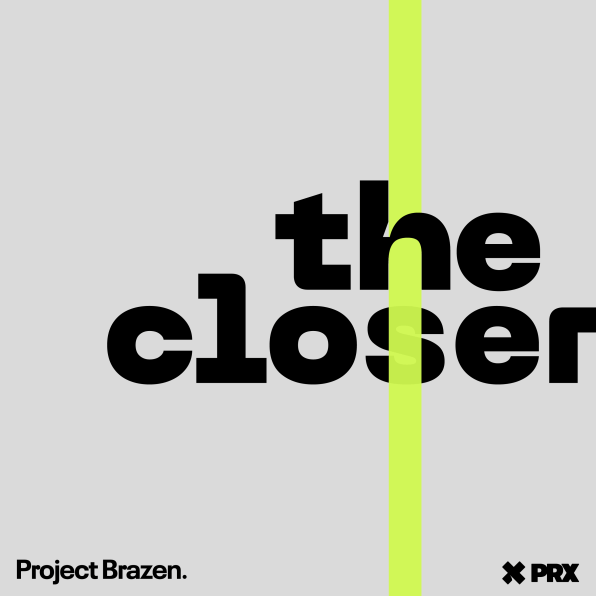
One thing that has also been really fascinating about this project is reinterpreting or reimagining who we think of as deal makers. Oftentimes, in traditional deal stories, you think of the executive, maybe you think of a big investor, or the lead partner from the legal team—those are the people you think of as the closers.
But what we’ve had a chance to explore on this show are these sort of unexpected deal makers, and the ways in which people you might not expect to be a traditional closer actually have pretty influential roles.
In the American Airlines episode, we speak to Sara Nelson, who is one of the best known faces in the labor movement today. We don’t often associate labor in the context of an M&A. But speaking to her gave us a great opportunity to understand the role that the labor unions played in this particular deal, and the impact of the deal on labor and the actual jobs that were on offer following the deal. Expanding the view of who we think of as a deal maker is something that’s been really interesting.
FC: Why are the inner workings of major mergers and acquisitions so opaque in the public eye?
AK: Every company—and I think in many cases today, every person—has a narrative. There are some established communications teams that work really hard on those narratives. I do think one of the things we’re trying to do in the show is just get a full picture of what really might have been going on and to really understand what happened from the inside.
The whole premise is to speak to the people who are aware of what happened, say in the boardroom, or maybe—in the case of one of our episodes—in the SUV, barreling downtown, agreeing on a really sizable investment. And then getting to step back and say, what’s the consequence of this? What did this deal create and, and what might it have affected? I’m not sure if there is a strategic effort to mask some of this information, I think it’s actually not always apparent the moment when the deal is announced.
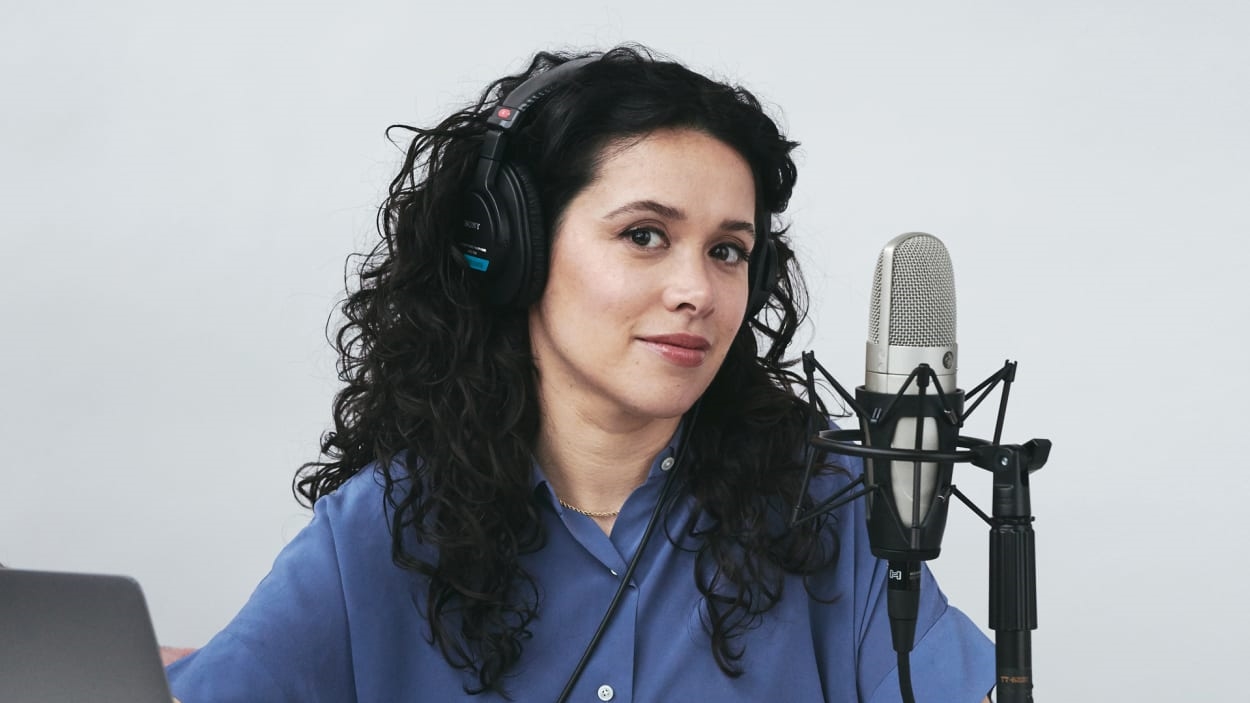
FC: Why a podcast? What dimension does audio storytelling add to this reporting?
AK: What’s really cool about audio is that we have a chance to just sort of let a story unfold in chronological order, which becomes a really lovely way to understand anything. And I think most importantly, which is especially what we’re trying to do with the show, is that you can hear the story from somebody who saw it all. What that allows for is a real sense of building and understanding characters and personality and emotion. In this effort to bring to life the drama of it all, and this play unfolding in front of you, getting to hear from the characters themselves or people who know those characters very well creates for a really rich storytelling experience.
(6)

